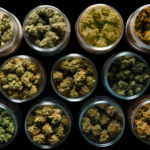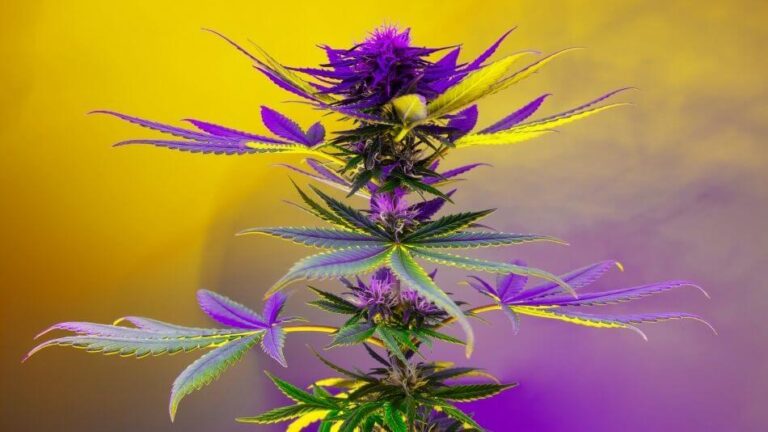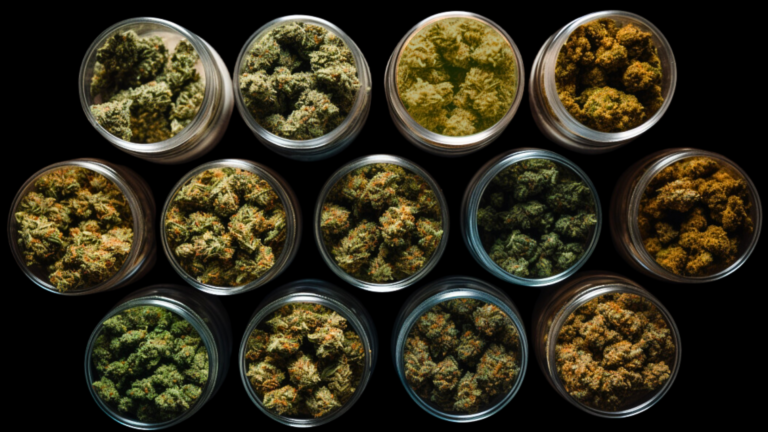CBD and THC are two prominent compounds found in cannabis plants, each with distinct effects on the body. THC, or tetrahydrocannabinol, is known for its psychoactive properties, while CBD, or cannabidiol, is non-intoxicating and is often used for its potential therapeutic benefits. In recent years, the popularity of CBD and thc gummies for anxiety has surged, offering consumers a convenient and discreet way to consume these compounds.
THC Overdose Symptoms
Consuming thc gummies for anxiety in large quantities can lead to adverse effects, commonly referred to as THC overdose symptoms. These symptoms may include increased heart rate, paranoia, anxiety, impaired coordination, and in severe cases, hallucinations and panic attacks. While THC overdose is rarely life-threatening, it can be extremely uncomfortable and distressing for the individual experiencing it.
How CBD Interacts with the Endocannabinoid System
CBD interacts with the body’s endocannabinoid system, which plays a crucial role in regulating various physiological functions, including mood, appetite, pain sensation, and memory. By modulating the activity of cannabinoid receptors, CBD can exert an influence on these functions, potentially mitigating the effects of THC overdose.
Potential Benefits of CBD in Alleviating THC Overdose Symptoms
Research suggests that CBD may possess anti-anxiety, anti-inflammatory, and neuroprotective properties, which could be beneficial in managing THC overdose symptoms. CBD’s ability to reduce anxiety and promote relaxation may help counteract the psychological effects of THC, such as paranoia and panic attacks. Additionally, its anti-inflammatory properties may alleviate physical discomfort associated with THC overdose, such as headaches and muscle tension.
Research and Studies on CBD and THC Interactions
While limited, some studies have investigated the interactions between CBD and THC in the context of overdose symptoms. One study published in the Journal of Psychopharmacology found that CBD administration reduced anxiety and psychotic-like symptoms induced by THC in healthy volunteers. However, more research is needed to fully understand the potential therapeutic effects of CBD in mitigating THC overdose symptoms.




















